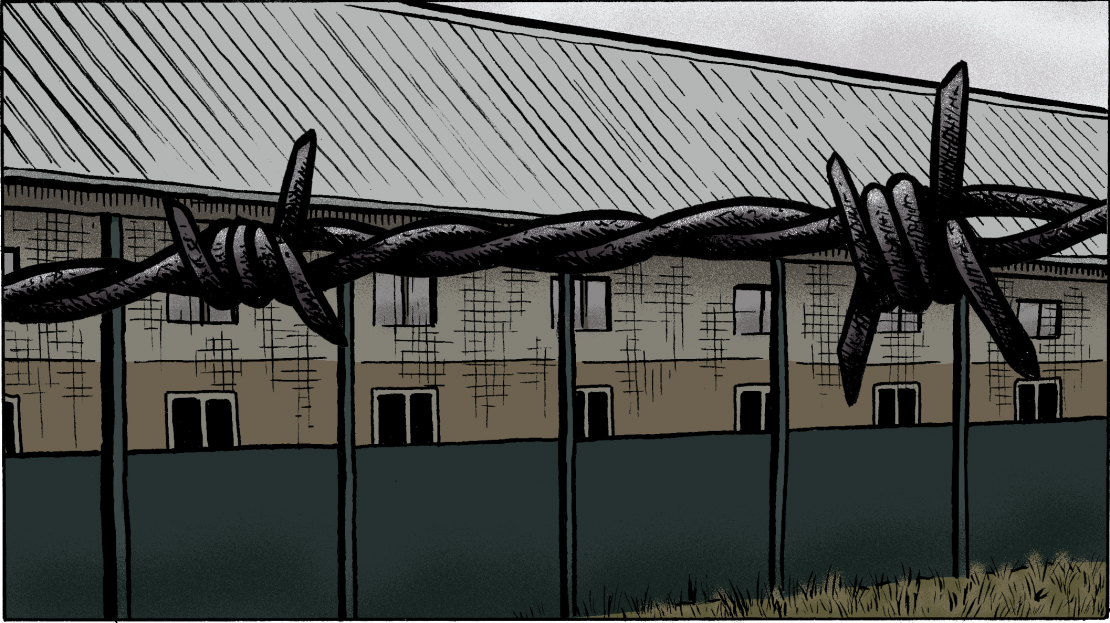The UK government can detain people considered not to have the legal right to be in the UK or whose claim to stay in the UK is being decided under immigration powers. These people can be detained by the Home Office in immigration removal centres (IRCs) in the UK, or prisons if they are serving a custodial sentence. But what happens when someone in detention is considered ‘particularly vulnerable to harm in immigration detention’?
Who is an ‘adult at risk?’
The ‘adults at risk’ policy was introduced by the Home Office in September 2016 in response to the many failings identified in a review of the welfare of vulnerable people in detention. A 2015 report of Yarl’s Wood IRC in Bedfordshire found that pregnant women were being wrongly detained. Though it has been updated since 2016, the latest guidance issued by the Home Office in August remains largely similar.
The Home Office considers the following people as ‘at risk’:
- A person who declares that they are suffering from a condition, or have experienced a traumatic event, such as trafficking, torture or sexual violence, that would be “likely to render them particularly vulnerable to harm if they are placed in detention or remain in detention”
- A caseworker considering a person’s detention becomes aware of evidence which indicates that the person is suffering from a condition, or has experienced a traumatic event, that would be likely to render them “particularly vulnerable to harm if they are placed in detention or remain in detention, whether or not the individual has highlighted this themselves”
- If members of staff believe that the individual is at risk
In guidance, the Home Office stipulates that staff should consider if a person is “vulnerable to harm”. Factors include being aged 70 or over, being pregnant and being a trans person.
Can the person ‘at risk’ still be detained?
Caseworkers should take this information into account and determine whether they consider a person to be “adults at risk”. The Home Office states in its latest policy that, if a person is found to be at risk, “the presumption will be that the individual will not be detained”.
But the person will only not be detained if “immigration control considerations” do not “outweigh the presumption of release”. Individuals who the Home Office considers “at risk” can therefore be detained.
The Home Office also says that a person should not be detained if evidence suggests that “the length of detention is likely to have a harmful effect” on them. But again states that “public interest concerns” trump the risk of a harmful effect, and, if there are concerns, they should be detained.
Medical staff can make a ‘Rule 35 Report’ to ensure that the Home Office is aware of survivors of torture, people whose health is likely to be “injuriously affected” by detention or people who have “suicidal intentions”. The Home Office is required to respond to the report in two days.
Can this be appealed?
Immigration lawyers can help people make a claim that their detention was unlawful because they are ‘adults at risk’. There are common-law limits to immigration detention – known as ‘Hardial Singh principles’ after the case of a man detained unlawfully in 2018. In a case last year, the High Court found that the detention of a man who was detained for more than a year despite having severe mental health problems was unlawful.
The charity Bail for Immigration Detainees found that vulnerable adults were being “detained too often, and for too long” in a report published in 2018. It said its findings “expose failures at every stage of the implementation of the AAR policy which was designed to safeguard vulnerable adults”.





